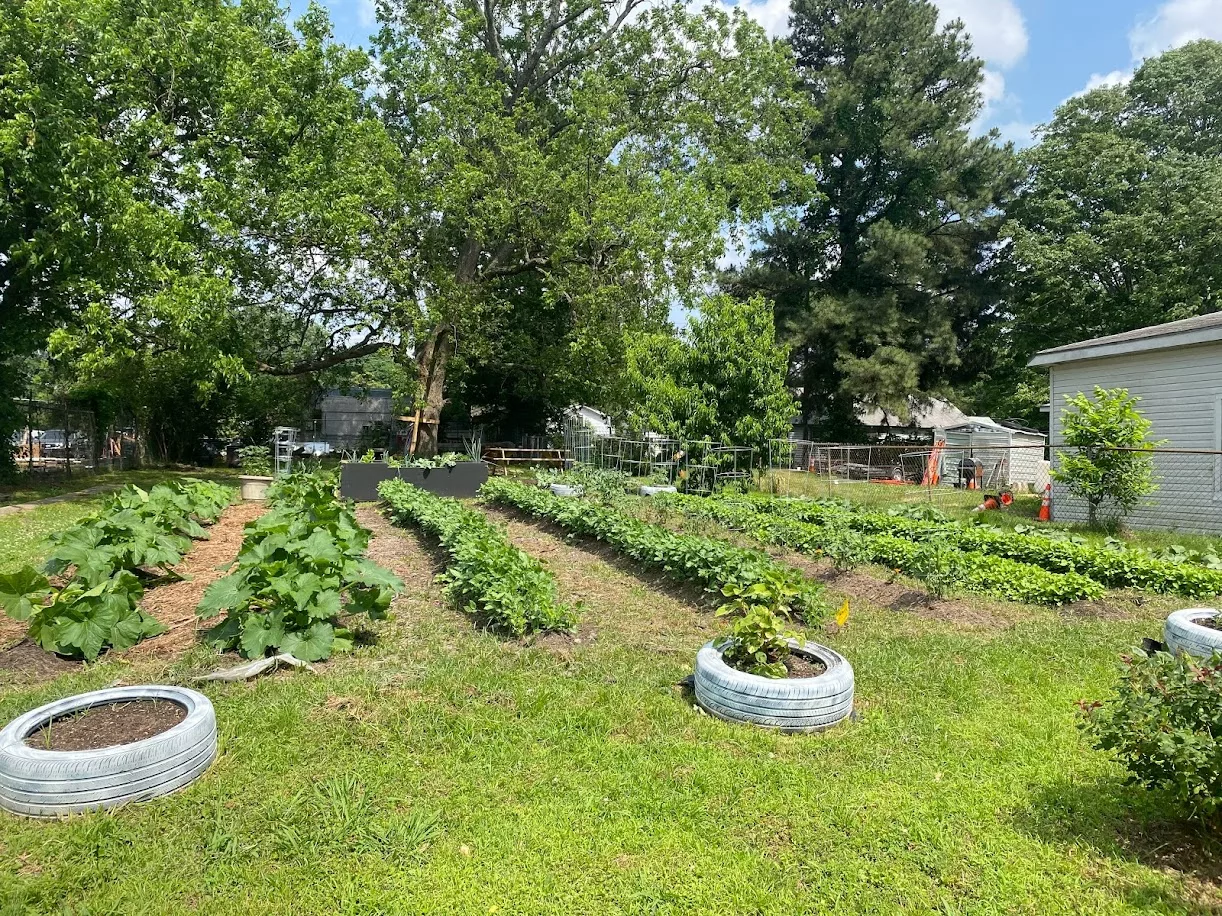North Little Rock Community Gardens Summer 2023
Organizations Get Creative in Battling Food Insecurity
One of the greatest needs in the North Little Rock community is access to healthy, affordable, and nutritious food. The NLR Community Garden Program was established in 2009 in an effort to address food insecurity and simultaneously beautify the City of NLR. It is a tax funded program dedicated to making local food accessible and educating the public on gardening practices by increasing the amount of community gardens in our neighborhoods.
A community garden can be defined as any piece of land gardened collectively by a group of people; including non-profits, community centers, faith-based organizations, and schools. The NLR Community Garden Program supplies gardens with free soil, mulch, compost, seeds, plants, educational and work-day opportunities, highlights accomplishments on social media, and donates excess garden produce to local food banks.
The program currently works with over 20 gardens within city limits and is always looking to welcome more sites into the program. NLR residents interested in starting a garden or expanding a garden’s operation are able to apply for funds from the Community Garden Program, up to $5,000 annually. These funds can be spent on garden construction materials, expansion projects, tools, and other expenses. Funding applications are accepted year-round with fall funding applications due on June 15th and spring funding applications due on December 15th. Gardens are only eligible for one round of funding per year.
Let’s keep growing food for change and digging for the future!
MEET THE GARDENS
These gardens are often established at schools, churches, and residential areas and can grow any combination of fruits, vegetables, herbs, and flowers. They may consist of one large community plot, individual garden beds/rows, raised beds, etc. These gardens play a vital role in increasing access to fresh fruits and vegetables, providing opportunities for physical activity, and nurturing neighborhood connections in our city.
Click on the map below to learn more about our gardens and gardeners!
Keep up to date with the Community Garden Program:
JOIN OUR PROGRAM
The Community Garden Program is allotted $55,000 per year to support the establishment or improvement of community gardens and urban farms in the city and is funded with the support of volunteers, non-profits, and tax-payer dollars.
The Community Garden Program encourages new and existing gardens to join our program by applying for our seasonal funding grants! Additional consideration will be given to community gardens that plan to donate excess produce, grow produce year-round, and host educational workshops.
Applications are due by June 15th and December 15th every year. The seasonal funding application can be below, on this page.
Questions? Please contact:

Dan Scott – Director
Shirley Abel – Assistant Director
3427 N. Magnolia
North Little Rock, AR 72116
Phone: 501-791-8500
Fax: 501-791-8516
Email: NLRNeighborhoodServ@nlr.ar.gov
RESOURCES FOR FUNDED GARDENS
COMMUNITY GARDEN MANAGERS MEETING
Community Garden Managers and interested gardeners meet on the fourth (4th) Wednesday of every month at 5:00 PM at NLR Neighborhood Services (3427 N Magnolia St). This is a meeting to share successes, challenges, resources, ask questions and connect with the NLR gardening community.
COMMUNITY GARDEN ADVISORY COMMITTEE
The North Little Rock Public Community Garden Advisory Committee directs the programs’ funding decisions. Membership is open to past and present Community Garden Managers and affiliates who are in good standing with the program. Contact NLRNeighborhoodServ@nlr.ar.gov if you are interested in serving on the committee.
BENEFITS OF COMMUNITY GARDENS
INDIVIDUAL BENEFITS
- Increase access to healthy, affordable, nutritious, and culturally relevant food
- Improve food security
- Encourage self-reliance
- Reduce family food budgets
- Stimulate social interaction
- Increase physical activity through garden maintenance activities
- Improve dietary habits through educational activities
SOCIAL BENEFITS
- Catalyze income opportunities and economic/neighborhood/community development
- Create opportunity for recreation, exercise, therapy and education
- Produce nutritious food
- Beautify neighborhoods
- Reduce crime
- Increase property value
ENVIRONMENTAL BENEFITS
- Increase biodiversity of plants, animals, and insects
- Reduce “food miles” that are required to transport nutritious food
- Positively impact the urban micro-climate
- Conserve resources
- Preserve green space
- Reduce city heat from streets and parking lots
Little Free Pantry Project
In Arkansas, 1 in 5 people face food insecurity, meaning a limited or uncertain access to adequate food. The goal is for Arkansas cities to upcycle and repurpose old newspaper dispensers, converting them into LFP’s. These pantries are then “adopted” by community groups who work to keep the pantries stocked with non-perishable food items and hygiene/sanitary supplies to ensure that all of our neighbors have access to food in a stigma-free way. Click to learn more.
PARTNERS
- American Composting
- U of A Division of Agriculture Cooperative Extension Service – Pulaski Co.
- Plantopia
- Engage AR
- Cities of Service Coalition
- Arkansas Hunger Relief Alliance
- Heifer International Urban Farm
- Habitat for Humanity
- Potluck Food Rescue
- NLR CVB Culinary Initiative
- The Farmers’ Association

